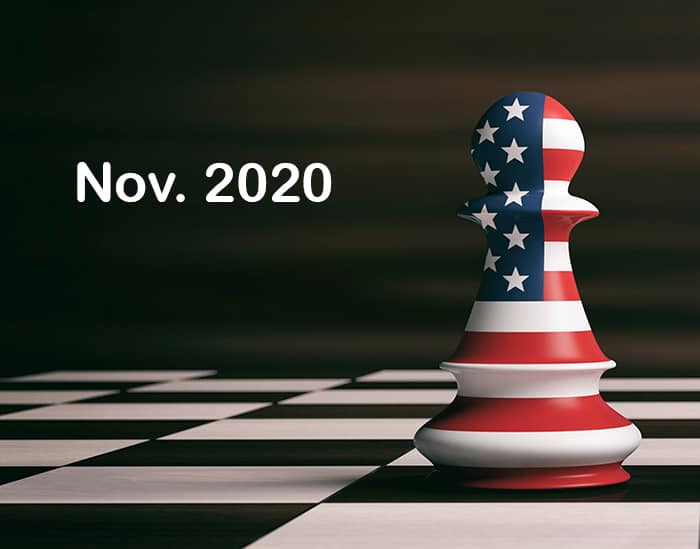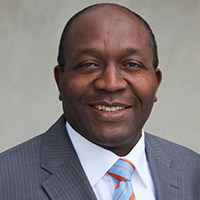The United States, 3 November 2020: the stakes of a high-risk election
Published on 11/3/2020
Thematics :
The United States, 3 November 2020: the stakes of a high-risk election
Published on 11/3/2020
On the 3rd of November, will the United States return to the world of multilateralism that it helped to build and defend alongside its allies? Or will it continue down the path of its “America First/Make America Great Again” policy that promotes the isolation of this great country and continues to bring upon itself hate, hostility and defiance emanating from the four corners of the world? What are the stakes of this high-risk election?
By Edgar Bellow, professor of Management international and Geopolitics at NEOMA Business School.
In 4 years, the Trump administration has profoundly divided a united America
There are many factors at play: a social and security policy undermined by Covid-19, a dynamic demographic landscape threatened, the pressing issue of the African-American experience through the Black Lives Matter movement, Trump and religion, the energy revolution, the distrust and denial of environmental concerns, the reawakening of 19th-century style populism, the media and opinion-making industry, gun control, public health and safety and many more. The Trump administration has profoundly divided an America that stood united after 11 September 2001. In four years, this ideology has reshaped the United States, American families and the 2020 U.S. election, not to mention the countrywide police violence inflicted on black Americans.
On the international stage, The U.S. replaced diplomacy with coercion
“The Trump administration has deliberately broke from the continuous path of America’s foreign policy’s traditional, long-standing methods and objectives,” as stated by Control Risks, a global risk and strategic consulting firm specialising in political, security and integrity risk. With the mantra America First, Trump launched a series of trade wars that were destabilising for both its allies and adversaries. Under Trump, the United States swapped out multilateral diplomacy with international institutions for unilateral coercion applied through powerful financial sanctions and an export control policy. Military force has always been on the table in American foreign policy. Oops! Covid-19 saved us from a major conflict in the Middle East between the U.S. and Iran on Iraqi soil. Let us recall the assassination of the top Iranian general, killed on a Friday in Baghdad by an American drone strike. He was one of the most popular figures in the regime and a feared enemy of the United States and its allies.
Leadership and democracy in danger
The leadership shown by the U.S. and its allies during the sub-prime crisis of 2008-09 to save the global economy has been smashed to pieces by the Covid-19 health crisis. The populism, conspiracy theories and deep-rooted ignorance and doubt found in America that the Trump camp has contributed to stoke throughout the entire 2020 electoral campaign has put American democracy in danger. Why has Trump campaigned for re-election with such outright threats made against his own country? Is it an attempt to delay the legal prosecution that awaits him? The stakes are enormous for the Trump clan.
Will we see the return of the United States of Barack Obama?
If they the democrats take back the White House, they, under Joe Biden, will have to make great efforts to restore the image of the United States in the world. Will they succeed? That is not so clear. Trump has opened wounds that will never heal. Trump’s doctrine of international trade will continue, but with greater politesse shown to its partners and adversaries. Will NATO find its footing again with an extra dimension in the South China Sea? Will the French “Indo-Pacific Axis” strategy be strengthened and supported? Can we foresee a return to multilateralism? Yes and no. That is a “Yes” for a new international security policy combating the extremists who threaten democracies, more emphasis on international rights and the security and the sovereignty of states, but a “No” when considering all that could threaten American economic policy. While ally-focused multilateralism may return, confrontations with adversaries will continue.
Are the U.S. and the world ready to accept and live with Trump the sequel? We will see…


